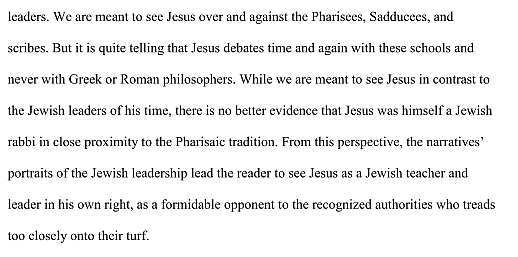I hope you’ll forgive a little René Girard here: it’s when you can’t tell if someone is part of the clan that they become the most dangerous. In Zimbabwe, you’re fine if you’re black and you’re fine if you’re white (just don’t vote against Mugabe). But if you’re “colored”—what Zimbabweans call mixed-race folk—you’re in trouble. Of course, African Americans are acceptable to Zimbabweans because they are decidedly outsiders to the culture; thus hospitality is possible. In short, as long as the society knows that you have a home somewhere else, that society will be quite happy to have you visit. You have to belong somewhere.
In the U.S. Congress, you’re fine if you’re democrat and you’re fine if you’re a republican. But if your behavior cannot be predictably scripted, you’re dangerous to both parties. In the evangelical world, you’re fine if you’re agnostic (we know how to be civil to agnostics… most of us do, anyway) and you’re fine if you’re a believer. But if you claim to be an “insider” and we suspect that you’re really an “outsider”, we will drag you behind a horse. By the way, this is why Messianic Jews present such difficultly for inter-religious hospitality. Social categories are so very important for internal security.
This, of course, is why Jesus argues time and again with the Pharisees and not at all with Greek/Roman philosophers. Jesus had more to argue about with the Pharisees because he had considerably more in common with them. In the chapter I contribute to this book, I write:
This, of course, is why Jesus argues time and again with the Pharisees and not at all with Greek/Roman philosophers. Jesus had more to argue about with the Pharisees because he had considerably more in common with them. In the chapter I contribute to this book, I write:
...skipping to the end, I conclude:
Too often we have heard from theologians, historians, and from the pulpit: Jesus was a threat because he represented grace within a system of legalism. This statement puts much too much distance between Jesus and the Pharisees. Perhaps we'd be more justified in this claim if Jesus had spent most of his time debating with the Sadducees and the folks at Qumran. But he interacts with the former very little and with the latter not at all. The Pharisees were the liberal Jews of Judea (by comparison anyway). Jesus wasn't a problem for the Pharisees because he was too liberal, he was problem for them because he was much too similar.
It is when someone is too similar to your perception of "insiders" but they occupy a border between insiders and outsiders that they become dangerous.








This comment has been removed by a blog administrator.
ReplyDeleteThis is a great series, Anthony. Your view is quite close to mine. I hope this doesn't destroy your thesis, but the fact that our views are close does not make your view a problem for me.
ReplyDeletenow I'm reconsidering everything.
DeleteSigh. Too true. But oh, what's an in-betweener to do? ; - )
ReplyDelete